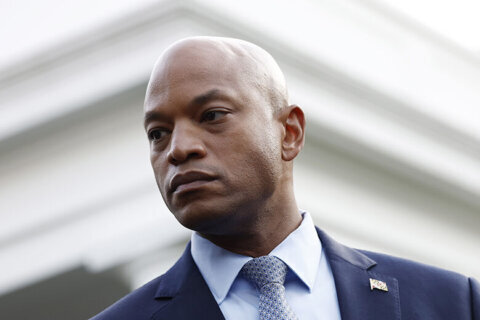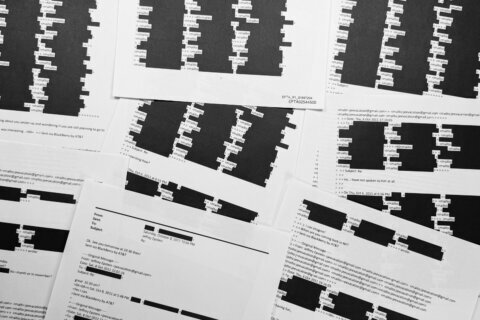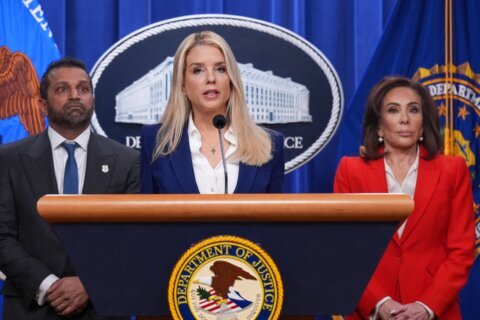A political expert is weighing in on some of the legal challenges that could arise from President Donald Trump’s efforts to make major changes related to elections and how they are carried out.
Trump signed a sweeping executive action to overhaul elections, including requiring documentary proof of citizenship to register to vote in federal elections and demanding that all ballots be received by Election Day.
Noncitizens voting in federal elections is already illegal and can result in felony charges and deportation.
“This is another instance of a presidential action that will keep both lawyers and courts quite busy going forward for a variety of reasons,” said Karen Hult, a political science professor at Virginia Tech.
The order states the U.S. has failed “to enforce basic and necessary election protections” and calls on states to work with federal agencies to share voter lists and prosecute election crimes.
It threatens to pull federal funding from states where election officials don’t comply.
The move is likely to face swift challenges as states have broad authority to set their own election rules.
“Clearly, the federal government has a role in elections, there’s no doubt about that, but it is not clear legally that this executive order is consistent with the constitutional ordering of how election laws should be dealt with,” Hult said.
While Congress has the power to regulate voting — and has done so in passing such laws as the Voting Rights Act — the Constitution makes clear that states have primary authority to set the “times, places and manner” for elections.
Some federal agencies provide election support, including the U.S. Election Assistance Commission, which distributes federal grant money to states and runs a voluntary certification program for voting systems.
Trump’s order calls on the Election Assistance Commission to amend voting system guidelines to protect election integrity, including guidance that voting systems should not use a ballot that uses a barcode or QR code in the vote counting process.
It said the commission should condition the funding it distributes to states on those new guidelines.
“This is a bipartisan commission that’s an independent commission under federal law and was established by Congress,” said Hult. “It’s not clear that a president can direct this kind of an independent commission by themselves as to what it should do going forward.”
“I think indeed the courts will be invited to get involved here, as may well Congress, because this is a congressional act and a commission that’s never really been tested fully in court,” Hult said.
Trump’s order directs federal agencies — including the Department of Homeland Security, the Social Security Administration and the State Department — to share with election officials federal data that could help them identify noncitizens on their rolls.
The order aims to require votes to be “cast and received” by Election Day.
Currently, 18 states and Puerto Rico accept mailed ballots received after Election Day as long they are postmarked on or before that date, according to the National Conference of State Legislatures.
“There are lots of legal complexities here, as well as the broad concern that this may well chill access to the ballot for a whole range of people,” Hult said. “It has all of those implications.”
The Associated Press contributed to this report.
Get breaking news and daily headlines delivered to your email inbox by signing up here.
© 2025 WTOP. All Rights Reserved. This website is not intended for users located within the European Economic Area.








